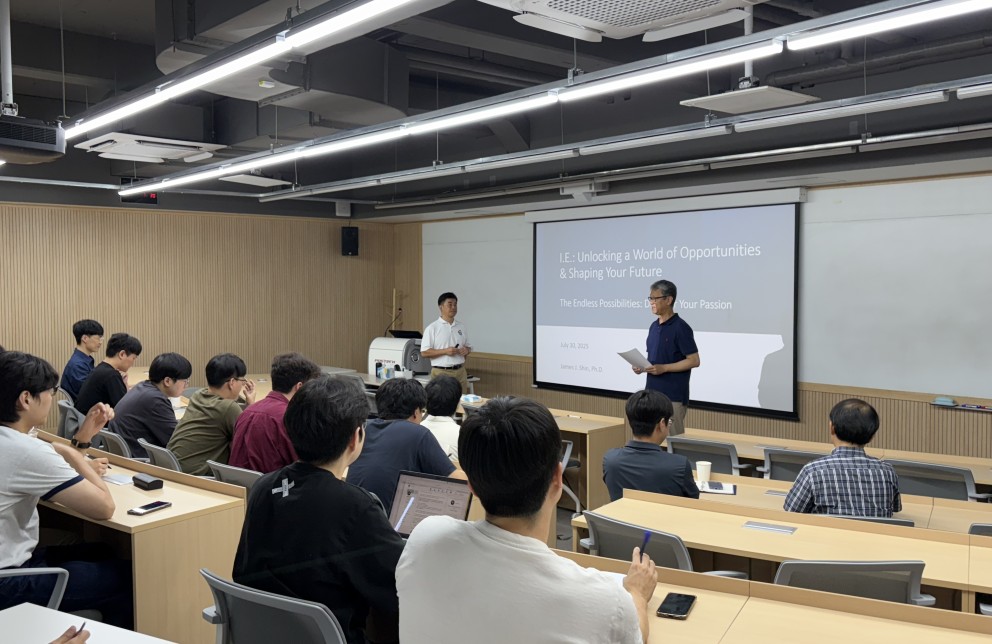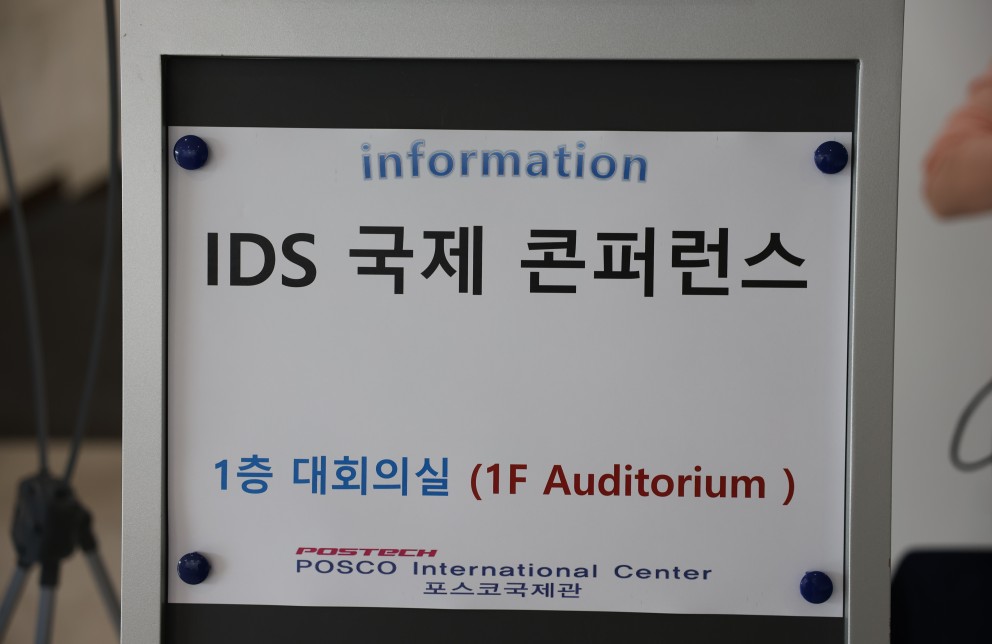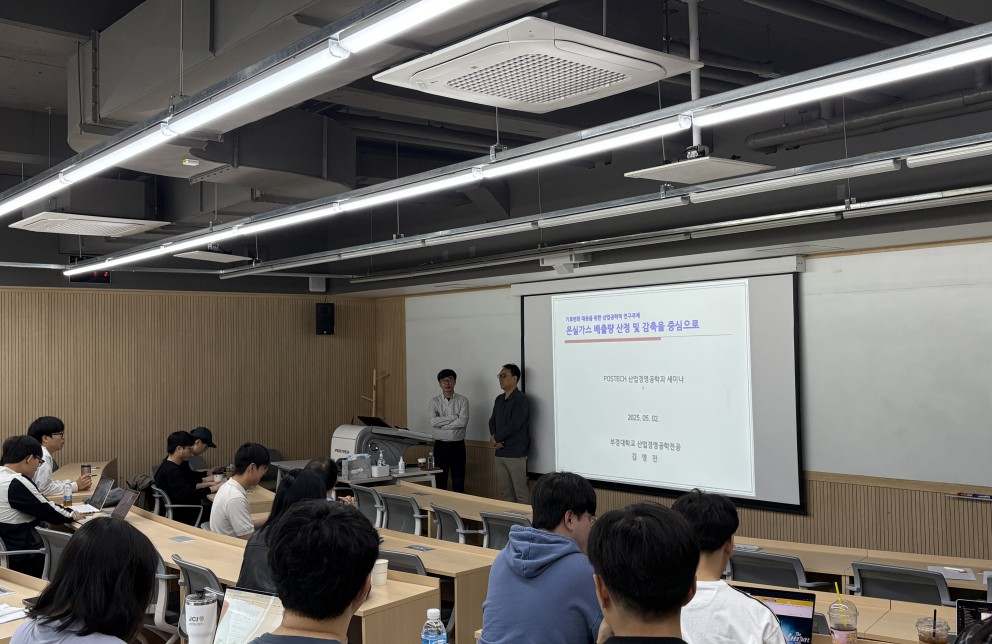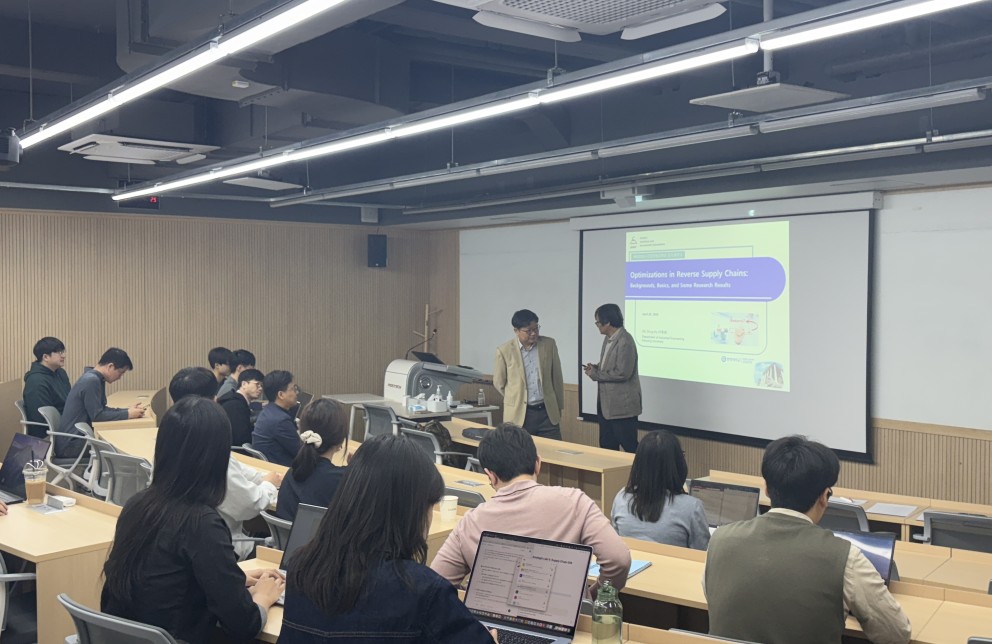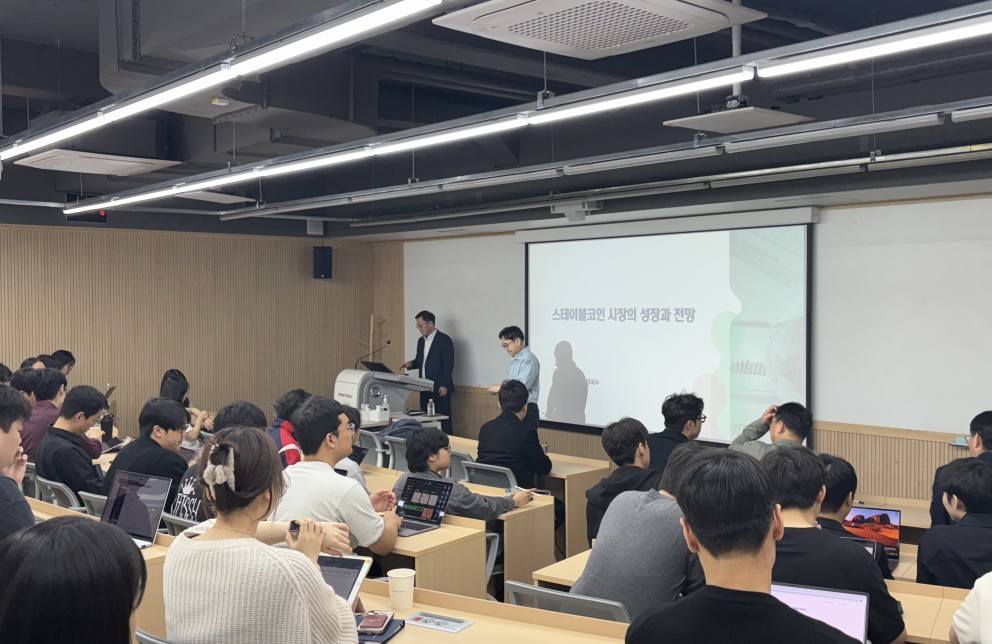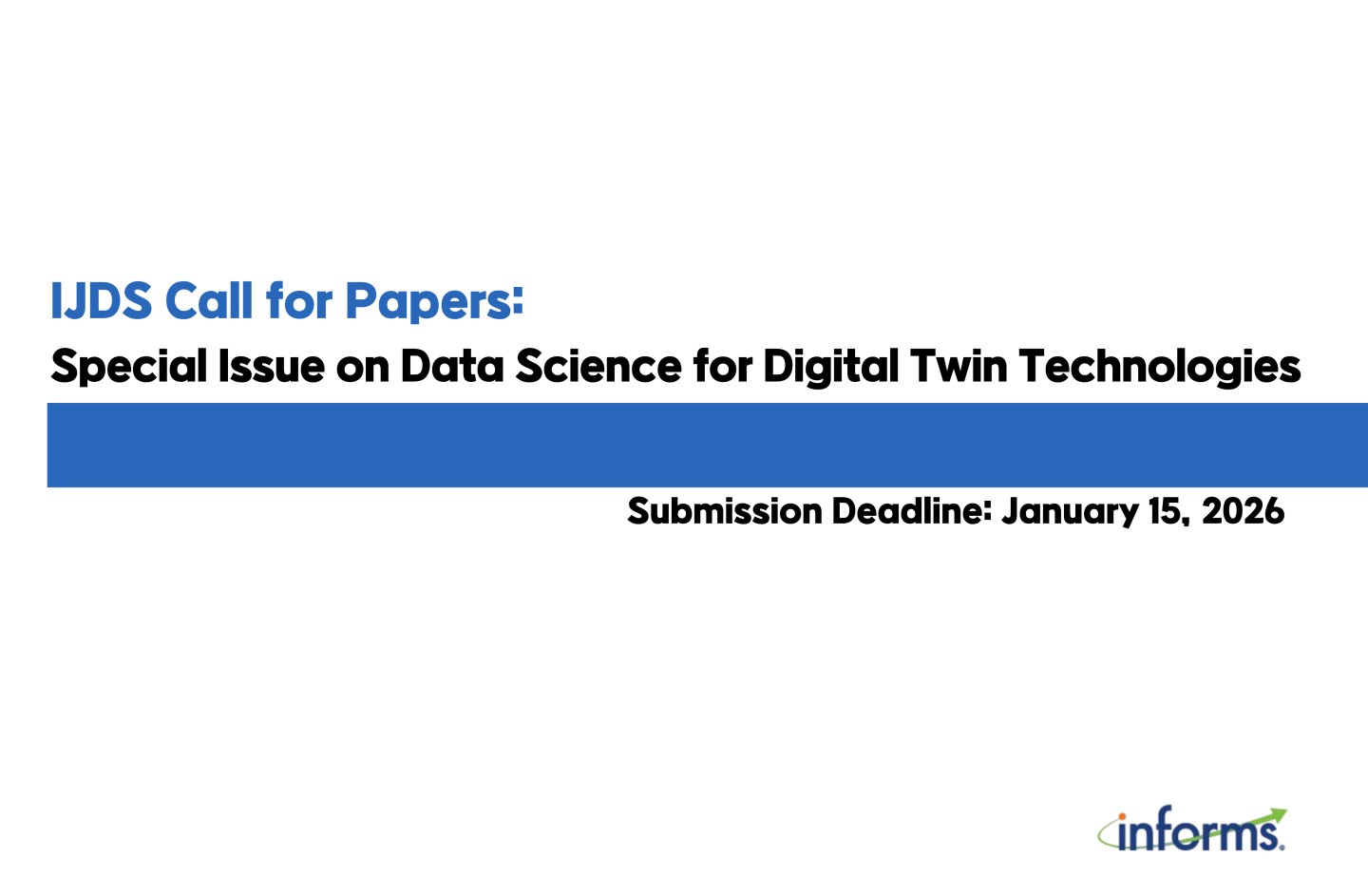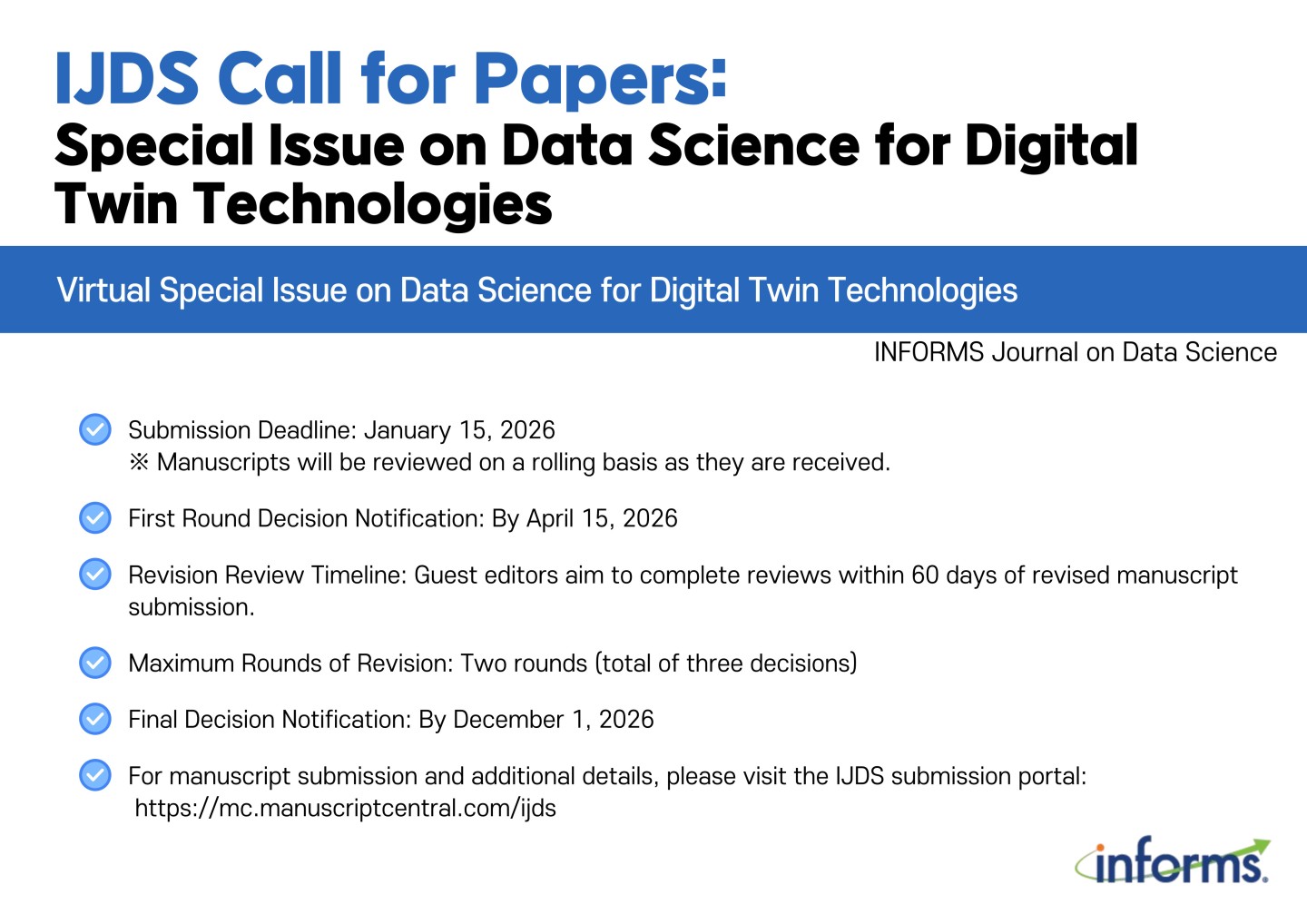IJDS Call for Papers: Special Issue on Data Science for Digital Twin Technologies
Virtual Special Issue on Data Science for Digital Twin Technologies
* INFORMS Journal on Data Science
Digital twins-virtual replicas of physical systems that dynamically reflect their real-world counterparts-have emerged as a transformative approach across various domains. By leveraging advanced data science techniques, digital twins enable predictive analytics, real-time monitoring, and intelligent decision-making, effectively connecting the physical and digital worlds.
At the heart of the digital twin concept lies the notion of "twinning," which underscores the essential requirement for the virtual counterpart to closely mirror the behavior of the physical system. We believe that data science innovations play a crucial role in making a digital replica a true twin of the corresponding physical system. Motivated by this perspective, this special issue seeks to explore the intersection of data science and digital twin technologies, fostering interdisciplinary research that enhances the accuracy, reliability, and operational value of digital twins. We invite submissions that demonstrate how data science innovations advance the design, implementation, and application of digital twins. Topics of interest include, but are not limited to:
1. Development of data-driven and/or hybrid digital twin frameworks
● AI-driven/hybrid modeling: Efficient replication of complex systems using data-driven, physics-informed, generative, and automated modeling techniques.
● Scalable and intelligent architectures: Design of multi-agent, edge-enabled, human-in-the-loop, and federated systems for distributed digital twin environments.
● Perception and state estimation: State identification and simulation readiness through sensor-driven insights.
2. Data acquisition, integration, and operation of digital twins
● Cross-domain data integration: Integration of heterogeneous, high-dimensional, and streaming data using knowledge graphs and semantic techniques for supporting adaptive twin operations.
● Secure and resilient data acquisition process: Development of privacy-preserving, robust and cyber-secure digital infrastructures for reliable data acquisition and processing for digital twin operations.
● Model calibration and synchronization: Continuous alignment of digital twins with physical systems via calibration, validation, and dynamic updates.
3. Digital twin-supported decision-making
● Predictive and uncertainty-aware forecasting: Simulating future behaviors with uncertainty quantification capability to enable proactive planning, resource optimization, and risk mitigation.
● Trustworthy and explainable decision-making: Leveraging synchronized digital twin models and interpretable AI to support responsible, human-in-the-loop and automated decisions.
We also welcome applications of digital twins in manufacturing, healthcare, energy systems, smart cities, and other domains, grounded in robust methodological and theoretical foundations.
Submission
To be considered for the virtual special issue on Data Science for Digital Twin Technologies, submit your manuscript online via https://mc.manuscriptcentral.com/ijds. Select "Virtual Special Issue on Data Science for Digital Twin Technologies" as the manuscript type in Step 1. Manuscripts will be assigned to one of the guest editors for this issue. The virtual special issue aims to provide timely outlets for innovative, cutting-edge research on the aforementioned topics and beyond. A paper submitted to the virtual special issue will be processed right away, and accepted papers will be published in regular issues without delay. As such, authors are encouraged to submit as soon as they are ready. This virtual special issue will be an online collection of all these articles tied together under a unifying editorial article for greater impact and outreach.
Given the breadth and diversity of digital twin research, we are happy to provide a pre-submission assessment of topic fitness of a potential submission to this special issue. Please feel free to reach out to any of the guest editors by submitting a brief summary (no longer than one page) outlining their intended submission. Please note that pre-submission inquiries must be made at least one month prior to the submission deadline.
Important Timelines
· Submission deadline January 15, 2026. Manuscripts will be reviewed as they are received.
· First round of decision by April 15, 2026.
· Subsequent timeline depends on revision time with authors, but guest editors are committed to finish revision review within 60 days.
· Maximum two rounds of revisions (three decisions total).
· All final decisions are expected to be made by December 1, 2026.
Guest Editors
· Eunshin Byon, ebyon@umich.edu, University of Michigan
· Jianhua Huang, jhuang@cuhk.edu.cn, The Chinese University of Hong Kong, Shenzhen
· Andrea Matta, andrea.matta@polimi.it, Politecnico Di Milano
· Eunhye Song, eunhye.song@isye.gatech.edu, Georgia Institute of Technology
------------------------------
Eunshin Byon
Professor
University of Michigan
Ann Arbor, MI United States
------------------------------

